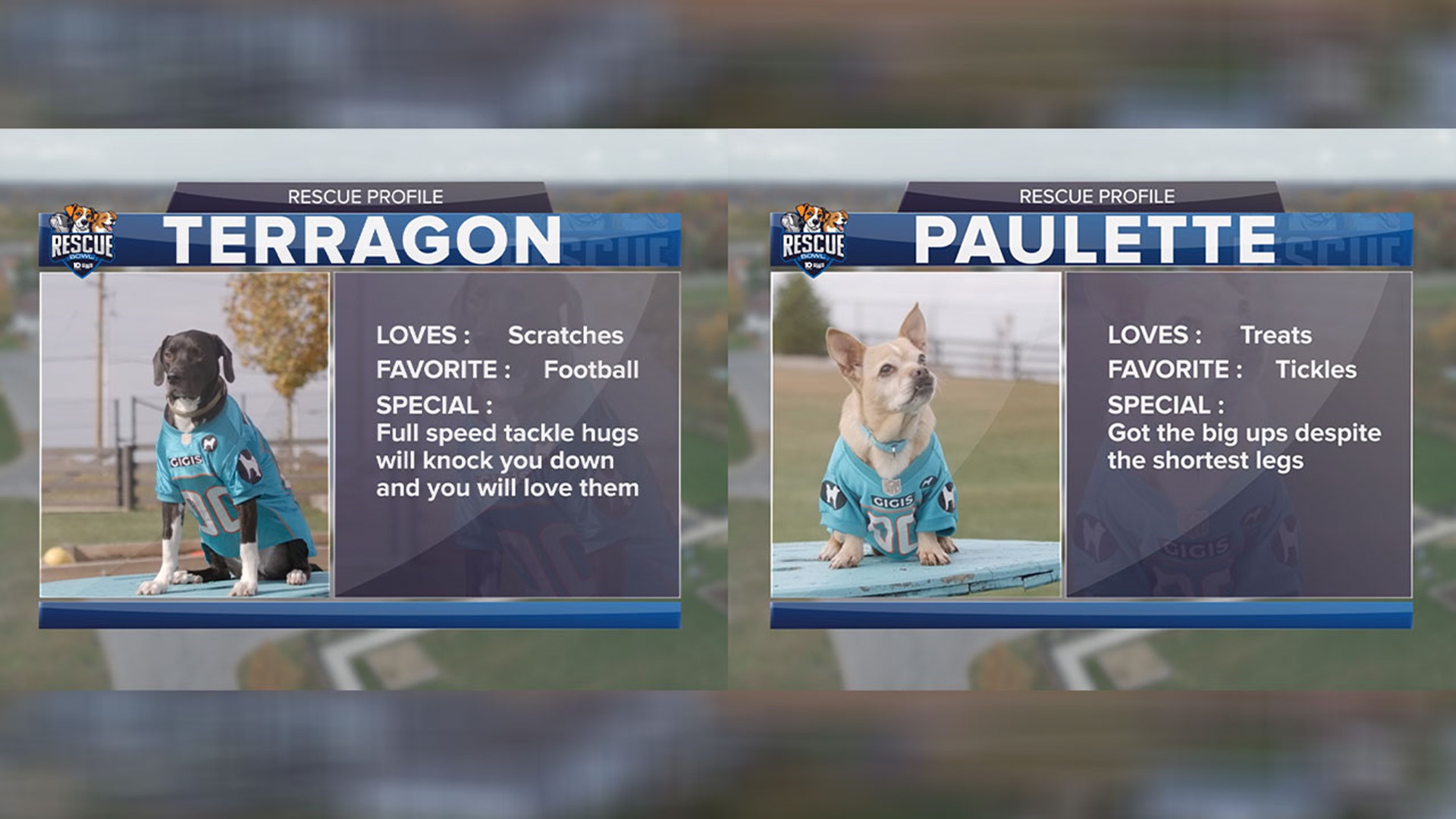Sponsored by: KEMBA Financial Credit Union
The COVID-19 virus has monopolized most aspects of our lives, from the daily news to our new roles as homeschool teachers, but the impact that many Central Ohioans are feeling right now is in our bank accounts. The shelter in place and self-quarantine orders from state and local officials has impacted the ability to work and earn a paycheck for some, which means making ends meet may be straining personal finances. Here are a few frequently asked questions that our KEMBA Financial Credit Union associates have been asked during the COVID-19 pandemic.
What should I do about my bills that keep coming when my paycheck has stopped?
Many furloughed workers are asking the same question. Just because you’ve been furloughed doesn’t mean your bills take a break from showing up in your mailbox. If you find yourself in a position where you are choosing between food and paying your credit card bill, call your credit card company and explore available assistance programs like skip-a-payment opportunities. Ignoring the problem will only compound it, so be proactive and contact your creditors to ask for help.
Who should I talk to about requesting assistance with my accounts?
Many banks and credit unions have created specific resources to deal with COVID-related inquiries. Check your creditors’ website for a phone number to call or web resources that provide instructions on how to apply for assistance or what special programs may be available. If you are not able to find information, contact a representative to help answer your questions.
How does a loan or payment forbearance affect me?
A forbearance is shifting your payment ahead for an agreed upon period of time. For example, if you have a 36-month loan, a 1-month forbearance will allow you to skip a payment now, but the skipped payment will be added to the end of your loan. While you may not have a payment due as a result of a granted forbearance, the interest on your loan will continue to accrue. Given these current economic circumstances, having an extra payment and additional interest added to the end of your term may be a good trade off. However, if you’re able, you should continue to pay your bills as planned because it’s in your best financial interest.
Will this pandemic affect my credit rating if I can’t pay my bills?
Since this pandemic is impacting consumers all across the globe, there will be special allowances for negatively impacted credit during this time. However, we strongly recommend you contact your creditors to create a plan, and once approved, stick to the terms of any financial assistance that you may receive. If you don’t communicate with creditors and don’t pay your bills, your credit rating may be negatively impacted.
Is now a good time to re-evaluate my personal finances?
Yes! One of the positive developments to come from the COVID-19 pandemic for consumers is a decline in interest rates on many loan products. These historically low rates provide an opportunity to borrow money at lower rates and reduce the interest you pay while paying your balances down more quickly. If you have a high-interest mortgage, credit cards, auto loans or student loans, now could be a great time to refinance and possibly even consolidate balances for a lower rate.
KEMBA is here to partner with you
KEMBA Financial Credit Union is available to Central Ohioans as a resource as you try to navigate these challenging times. Whether you’re seeking extra cash to make ends meet or looking to take advantage of the low interest rates available, KEMBA stands with you. We have solutions for your individual circumstances. To learn more on resources for individuals and businesses during the COVID-19, or to access our COVID-19 statement and other operating resources, visit our site at https://www.kemba.org.



